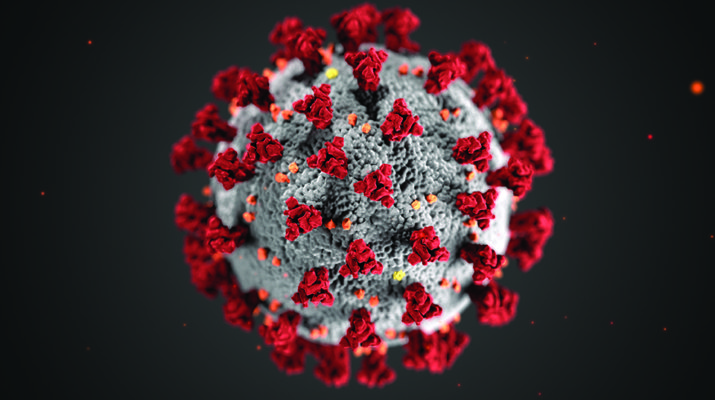To limit spread in Nebraska, all travelers should self-quarantine for 14 days upon returning home and immediately report any symptoms consistent with COVID-19 to their health care provider or public health. This means that if you travel out of the Panhandle, you need to self-quarantine for 14 days upon return.
Returning travelers should assume that COVID-19 disease is present at the locations they have visited and traveled through and self-quarantine.
What does self-quarantine mean?
1. Stay home from work, school, and away from other public places.
2. Monitor your symptoms carefully and immediately report any symptoms consistent with COVID-19 disease (fever, cough, shortness of breath, or sore through) to their health care provider or public health. As much as possible, stay in a specific room and away from other people in your home. Also, you should use a separate bathroom, if available.
3. Avoid sharing personal items with other people in your household, like dishes, towels and bedding.
4. Clean all surfaces that are touched often like counters, tabletops, and doorknobs. Use household cleaning sprays or wipes according to the label instructions.
Guidelines for what self-quarantine entails can be found at www.pphd.org.
Health care workers who return from travel should consult with a trained medical professional at their facility (infection preventionists or physician) and establish a specific infection control protocol that mitigates patient and co-worker exposures.
It is critical to remember, strict self-quarantine is necessary to flatten the curve. There are currently no cases of COVID-19 in the Panhandle.
People can help protect themselves from COVID-19 and other respiratory infections by:
* Social distancing, staying 6 feet away from others.
* Washing hands often with soap and water for at least 20 seconds. If soap and water aren’t available, use an alcohol-based sanitizer.
* Avoid touching your eyes, nose, and mouth with unwashed hands.
* Avoid close contact with sick people and stay home if you are sick. Social distancing has been key in reducing spread.
* Cover your nose and mouth with a tissue when you cough or sneeze then throw the tissue in the trash.
* Clean and disinfect frequently touched objects and surfaces.
Panhandle Public Health District will keep you posted in this quickly changing environment. We continue to monitor the unfolding COVID-19 epidemic to anticipate its impact on the Panhandle. We are working as a unified command with Region 21, 22, and 23 Emergency Managers, and Scotts Bluff County Health Department on this evolving situation. We will continue to communicate important updates to the public and our partners. The CDC is putting out updated guidance daily; for the most up to date information visit: https://www.cdc.gov/coronavirus/2019-ncov/index.html. To learn more about COVID-19, go to https://www.cdc.gov/covid19.

